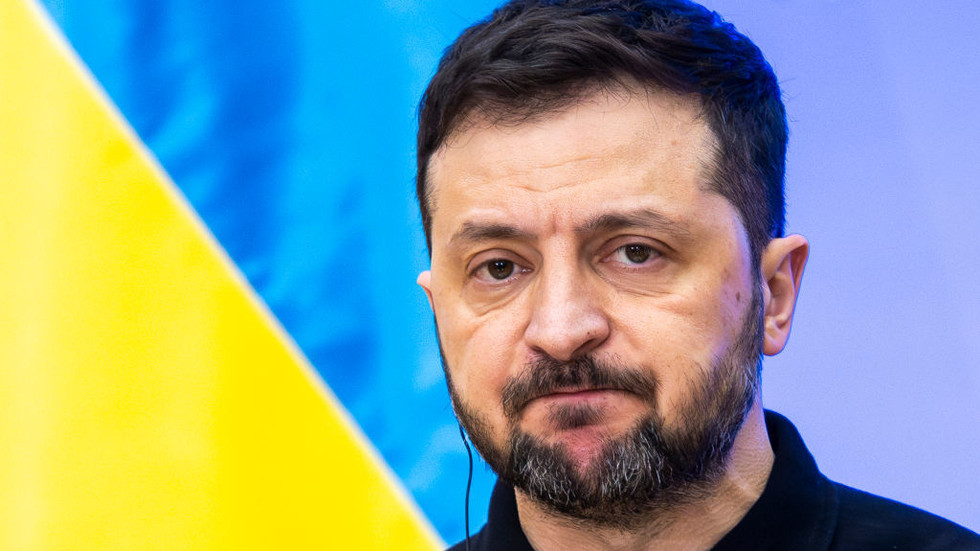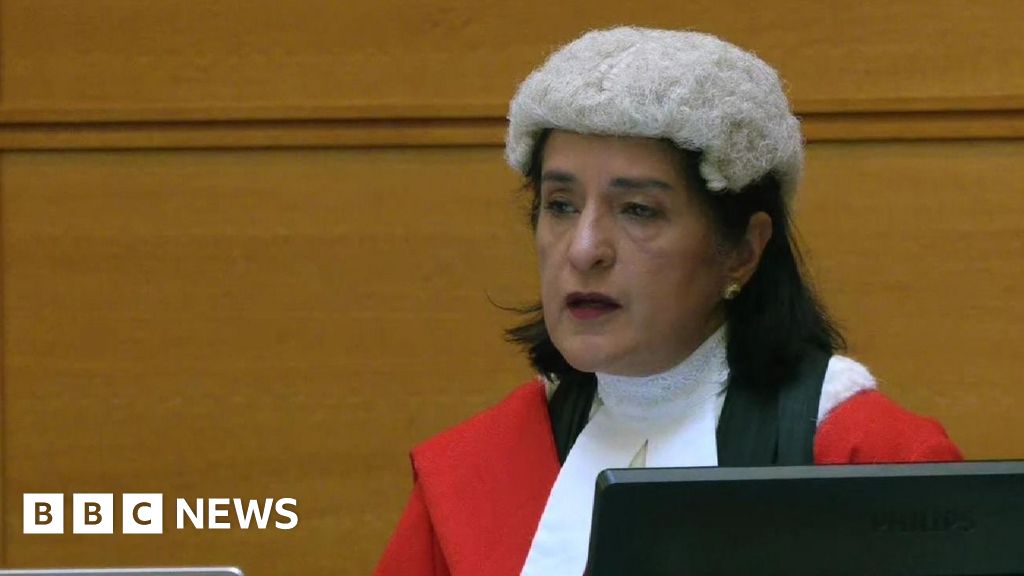Berlin, Germany – For Susanne, a nursery teacher in Berlin, there is no contest.
She has decided to cast her vote for the hard-right populist party, the Alternative for Deutschland (AfD), or Alternative for Germany, on February 23 in the country’s snap federal elections.
The election follows the collapse of Chancellor Olaf Scholz’s three-party government in November. The ruling coalition, known as the traffic light alliance, consisted of Scholz’s centre-left Social Democratic Party (SPD), the Greens, and the pro-business Free Democratic Party (FDP).
Falling out of favour with the Christian Democratic Union (CDU) for its pro-vaccine position since the COVID-19 pandemic, Susanne, in her 50s who requested Al Jazeera withhold her surname, said the AfD is the “only party doing something different on the issues that determine our everyday lives”.
Eva Mueller, a 50-year-old mother of two who works as a careers coach in the German capital, also plans to back the AfD.
“I live in a part of Berlin where around 80 percent of the population has a migration background, and I have no problem with it,” she said.
“But the migration policy is not effective and the way the AfD is presented, as completely hating foreigners and wanting to expel them all, is just not the case. What is the case is that they are worried about integration not being possible if there is an excess.”
Several AfD party chapters have been officially labelled as “right-wing extremists” by intelligence authorities since its inception in 2013.
But last week in Germany’s parliament, the Bundestag, a taboo was broken.
CDU leader Friedrich Merz – tipped to become Germany’s new chancellor – proposed a motion on tougher migration rules, known as the five-point plan, that passed with the backing of the AfD.
While the draft law was ultimately rejected by the Bundestag on January 31, Merz’s decision to break ranks and work with the AfD cut through a longstanding firewall created by the country’s main political parties that blocked cooperation with the far right.
Amid widespread public and political condemnation, the move drew thousands of protesters to the CDU headquarters in Berlin. Former Chancellor Angela Merkel and Scholz accused Merz of committing an “unforgivable mistake”.
Meanwhile, Germany is still reeling from two deadly attacks within a matter of weeks of each other – most recently on January 22 in Bavaria when seven people were killed by men who had sought asylum in the country.
Voter dissatisfaction with mainstream political parties for the war in Ukraine and the rising cost of living, analysts say, is also high.
‘The party could attract more voters’
Recent polls indicate the AfD is likely to secure second place in the election, with 21 percent of the vote – 10 points behind the CDU and its sister party, the Christian Social Union (CSU).
Analysts say the AfD – once considered a political outlier – is set for the biggest electoral gains in its 12-year history.
Oliviero Angeli, a political scientist at the Technical University in Dresden, tells Al Jazeera that the recent tensions in parliament will likely boost the far right in terms of the party’s legitimacy and visibility.
“What is remarkable at the moment is the firewall that was built over the last years against the AfD is now starting to break down. It was already breaking down on communal and regional levels, but last week shows that it’s now breaking down on a national level,” Angeli said.
“Until recently, voting for the AfD could be considered a wasted vote because you could expect other parties not to cooperate with them. But now, people’s views may change and the party could attract more voters.”
Further adding to the AfD’s perceived strength, tech billionaire Elon Musk – recently appointed by United States President Donald Trump to lead his administration’s Department of Government Efficiency – has waded heavily into the election with a series of interventions.
He hosted a livestreamed interview on the X platform he owns with AfD chief Alice Wiedel. On January 25, he appeared via videolink at a party meeting; two days before Holocaust Remembrance Day, he told the delegates to move past Nazi-era guilt.
“It’s good to be proud of German culture, German values, and not to lose that in some sort of multiculturalism that dilutes everything,” he told a cheering crowd.
But Jakub Guhl, a senior manager within the Digital Research Unit at the Institute for Strategic Dialogue in London, told Al Jazeera that he is not convinced of Musk’s influence.
He acknowledged though, a “completely unprecedented dynamic” as a leading social media platform with powers to shape public discourse is “clearly throwing its weight behind one political party, and one that’s particularly controversial”.
‘Remigration’
Earlier in its election campaign, the AfD touted a “remigration” policy – a nationalist term used to describe sending people to their home nations.
Other key parts of its manifesto, announced last month to a crowd of more than 600 delegates in the AfD stronghold state of Saxony, included the reintroduction of the Deutsche Mark as Germany’s national currency, a rejection of green transition policies, and education reforms linked to gender studies programmes.
Analysts said while the party is unlikely to win, its position on heated subjects such as migration will politically shake Europe’s largest economy – possibly leading to turbulence across the continent.
“They have an increasing influence on public opinion, and as we have seen last week, on politics, with other political parties moving more to the right,” says Angeli.
“You won’t necessarily be considered an outlier any more, certainly in parts of the east, if you are between 18 to 24 years old and vote AfD,” added Guhl. “It’s also doing quite well among working-class voters who are concerned about the economy, and people who think we’re spending too much money on people coming in externally, and support for a war in Ukraine that they are likely to have been against in the first place.”
Back in Berlin, AfD supporter Susanne shared her nostalgic view of Germany’s past attempts at multiculturalism.
“When I was at school, we had foreigners in class who were integrated because they could speak proper German and had parents who worked,” she said. “Now the scales have changed and I no longer see this balance. I feel I am in the best hands with the AfD.”

 2 hours ago
3
2 hours ago
3









